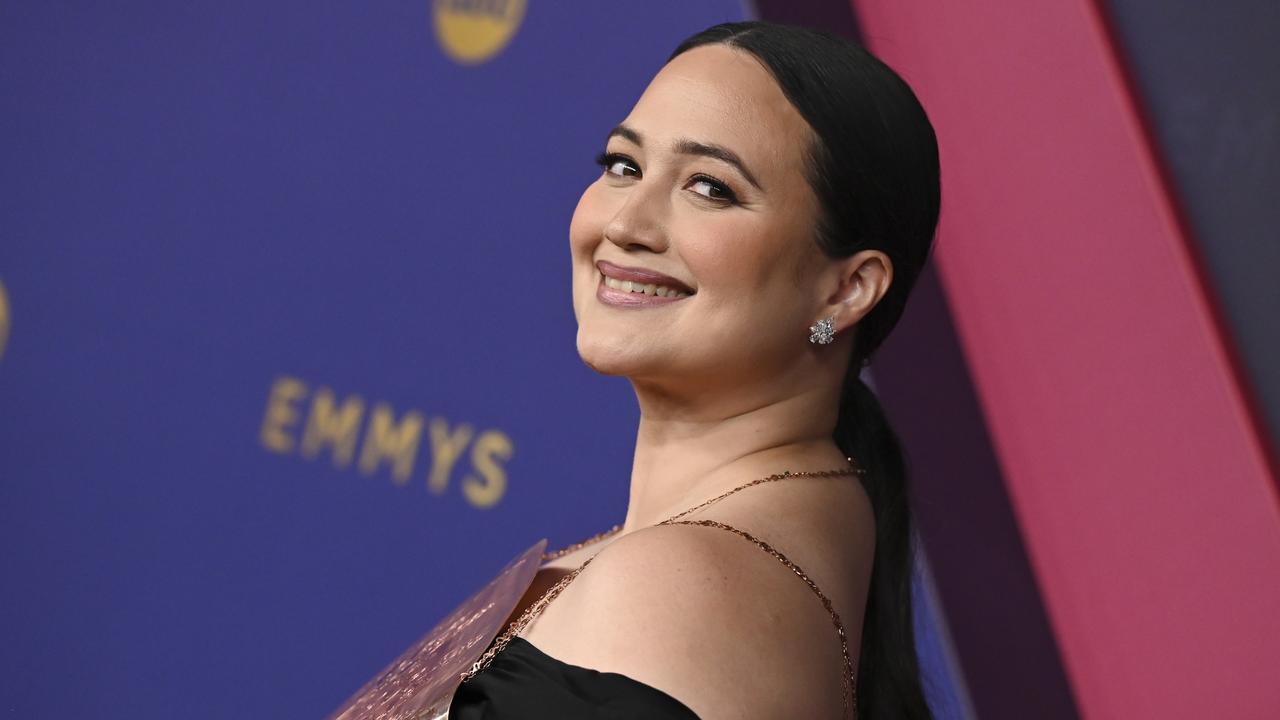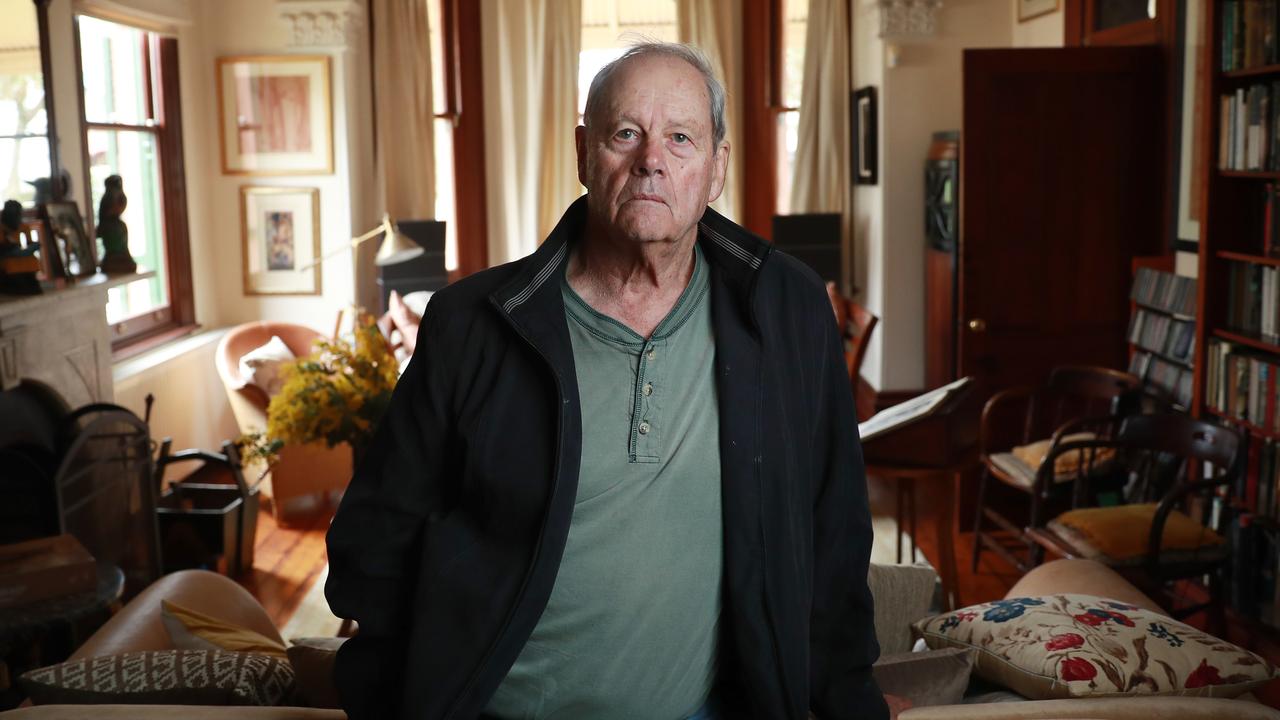New films by Lina Soualem, Neo Sora, Olmo Schnabel and Santiago and Mariana Arriaga
Lina Soualem and her actor mother Hiam Abbass have made a documentary about their cultural heritage, starting a discussion about films and creative families.
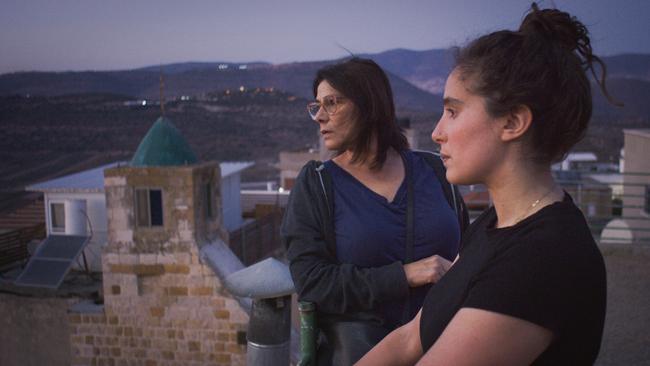
Actor and director Lina Soualem knew she wanted to have a career in film like her famous parents, but at first she didn’t feel confident about striking out on her own.
Soualem is the daughter of actors Hiam Abbass, best known for her role as Logan Roy’s Machiavellian wife Marcia in Succession, and Zinedine Soualem, whose films include The Spanish Apartment.
Lina Soualem says she had dreamt of a career in cinema but “I didn’t really know how because both my parents are successful actors that I really admire and I always felt I could never live up to that”. She studied history and political science and found she could combine all her interests by making documentaries, including on “sociological political subjects”.
Her first film, in 2020, was Their Algeria, about her paternal grandparents’ exile to France and their separation after 62 years of marriage. With Bye Bye Tiberias she has made a film about her mother that traces the lineage of her maternal Palestinian family.
“The idea was to continue what I started doing, which is exploring the transmission and context of exile,” Soualem says. “How do you transmit to your children who you are when they’re born somewhere else? How would you reconnect with your past?”
Does creativity run in the blood? The recent Venice International Film Festival certainly suggests that may be the case. Actor Jack Huston, grandson of director John and nephew of actor Anjelica, was in Venice with his impressive directing debut, boxing film Day of the Fight.
Sofia Coppola was there to present her biopic Priscilla, about Priscilla Presley. Coppola, an accomplished director in her own right, has been strongly influenced by her father’s work – even if Priscilla is not the kind of movie Francis Ford Coppola would make.
Four fledgling directors also made their mark, each of them the son or daughter of creative artists.
Along with Soualem were Neo Sora with his film about his musician father, Ryuichi Sakamoto; Olmo Schnabel, son of artist and filmmaker Julian Schnabel, presented his feature Pet Shop Days; and Santiago and Mariana Arriaga showed their film based on the first screenplay written by their father, Guillermo Arriaga.
Oscar-nominated Guillermo Arriaga is known for writing Amores Perros; Babel, starring Cate Blanchett and Brad Pitt; and 21 Grams, starring Naomi Watts. For three years he was an adviser to an Aboriginal film development project in Australia, together with Rachel Perkins and Warwick Thornton.
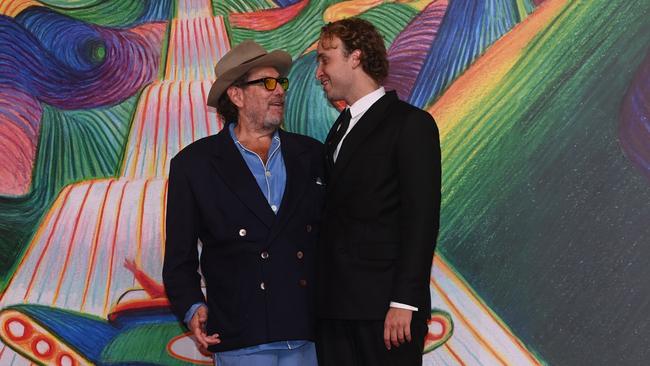
He is now the producer of his children’s film, Upon Open Sky. It is a deeply personal project as it draws on a terrible accident he had at age 27.
“He fell off a cliff in a car and it marked him for life,” son Santiago Arriaga recalls. “He had amnesia for a long time and the accident constantly detonated lots of questions for him.”
Santiago Arriaga discovered the screenplay in a packed box in the family home in Mexico City and it became the siblings’ directing debut.
Set in the 1990s, Upon Open Sky is a road-trip movie that focuses on two boys, Salvador and Fernando, who set out across Mexico’s Coahuila desert to avenge the death of their father after he was killed by a semi-trailer two years earlier.
“Initially I wanted Mariana and Santiago not to be in the business,” Guillermo Arriaga says, “but once they decided to go in this direction, I wanted to be part of what they were doing. I rarely interfered with them, I was there to help them as a producer, not to guide them. I was there to respect them as directors and to respect their vision.”
Mariana Arriaga says: “Our parents shared their passion with us, we love working together as a family and this is a family project for us. It was shot in a place in the desert in northern Mexico where we go every year as a family.”
Olmo Schnabel shares with his father a passion for surfing as well as for film.
“My dad’s a surfer and I’ve surfed my whole life,” he says. “Our best moments when I was a kid were in the water or watching movies.”
Julian Schnabel – whose films include Before Night Falls, The Diving Bell and the Butterfly, and Basquiat – was in Venice to accompany his son to the red carpet premiere of Pet Shop Days. The father wore his glamorous pyjamas but son Olmo Schnabel wasn’t about to follow suit.
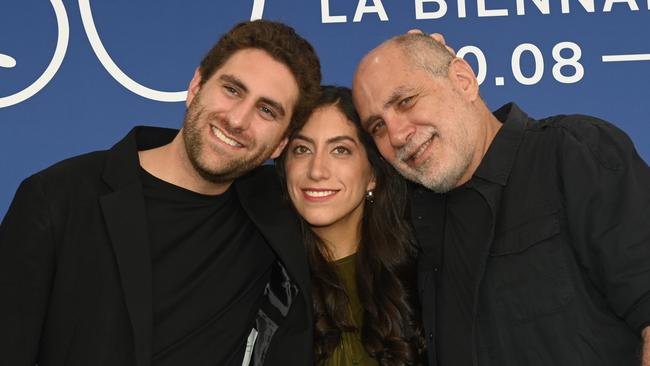
“I think that would be too much,” he says, smiling. “But I love those pyjamas – my mother makes them. I do wear them sometimes when I’m in the house.”
Olmo Schnabel says his father supported him in his ambitions to be a filmmaker.
“It’s very fortunate to have someone that I also respect,” the son says. “I mean, I love his films, I think he’s a great filmmaker. I grew up seeing that it was possible to make great films, so I’m fortunate to come from that background.
“He read the Pet Shop Days script a lot and at the beginning he was like, ‘What the hell is this?’ And then he actually got a kick out of it and started playing ball. But I thought it was funny because it doesn’t really have anything to do with the stories he tells and I thought that was important.”
Olmo Schnabel was able to make Pet Shop Days – about two young male lovers on a crime spree – so long as his childhood friend and the film’s co-screenwriter, Jack Irv, could play one of the leads, “a young handsome boy with wavy blond hair resembling a surfer”. It also features Dario Yazbek Bernal, who bears a striking resemblance to his half-brother, Gael Garcia Bernal.
“It’s about an American privileged boy (Irv) who’s completely confused and feeling empty,” Schnabel says. “So when he meets Alejandro (Bernal), he sees something that’s so different than in him and he grabs on to that. He eats the wrong apple, right? Basically you’re taken on this downhill spiral of bad behaviour and bad decision-making.”
Schnabel, who now lives in Mexico City and filmed Pet Shop Days partly in Spanish, also co-produced Mexican director Michel Franco’s Venice film Memory and worked as a production assistant on Martin Scorsese’s Killers of the Flower Moon. He asked Scorsese if he would come on board as executive producer on Pet Shop Days, “and he kindly accepted”.
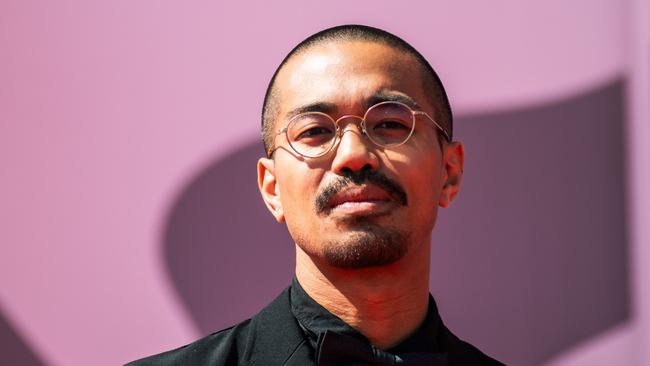
Sora had worked as a cinematographer on Coda, the 2017 documentary about his father Sakamoto. Now he has directed Ryuichi Sakamoto: Opus, a concert film of Sakamoto’s final performance before his death from cancer last March, aged 71. Filmed across eight days in glorious black and white at Tokyo’s NHK studios – chosen especially for its acoustic quality – Opus shows Sakamoto seated at the piano as he performs 20 of his pieces. They include soundtrack material from Bernardo Bertolucci’s The Sheltering Sky and The Last Emperor (which won an Oscar for best original score) and his monumental piece from Nagisa Oshima’s Merry Christmas, Mr Lawrence, which made audiences shed a tear.
“It’s one of his best performances of the song,” Sora says. “You can tell that he put so much emotion and energy into it.”
The film is the brainchild of Sakamoto’s manager wife, Norika Sora, and the composer himself.
“My parents started the project together to try to do one final concert film,” Neo Sora says. “Because of his illness, it was easier for somebody that he was very familiar with to make the film. So they ended up asking me to direct and collected a team that was very trustworthy and also very familiar to them.”
Sora grew up mostly in New York. Sakomoto lived in the city until his final years, which he spent in Japan. Sora says that while he played music in his youth, it was never his plan to follow his father into a music career.
“As I was growing up he showed me a lot of music,” he says. “I always watched him and heard him being so sensitive and attentive to the world around him in expressing those things. That’s something that I learned from him. So I’d like to hold those kinds of perspectives as I continue to make my own films and work on my own craft.”
Sora has previously made short films and was one of three directors on a feature documentary about the indigenous Ainu people of Japan. Does he regard Opus as his father’s epitaph?
“It ended up becoming that, for sure,” Sora replies. “But it didn’t necessarily start out that way. Though he did release comments while he was alive saying this could be his last performance. I think it was definitely in his mind, considering his health.”
In making Bye Bye Tiberias, Soualem took her mother back to her Palestinian family and the village of Deir Hanna where she had grown up, not far from Lake Tiberias, also known as the Sea of Galilee, in northern Israel.
“No one in the family could understand that we came to work,” Soualem recalls with a laugh. “It was like, ‘Come and eat; it’s lunchtime, right?’ But it was nice to have all the family come together to help me, even my aunt, who works in the fields. I told her that I needed a small car to do landscapes and she gave me a tractor. Trying to film on a tractor was interesting.”
Abbass says at first she resisted taking part in her daughter’s film, even though she recognised it was an important project.
“I’d seen the capacity of Lina telling her story, and I trusted completely that she would do something very interesting,” she says. “But still, it’s me, it’s not a movie part, which is much easier because you just slip into the body of another person. Lina talked me slowly through things that she wanted to do. We grew up together, really learning how and where this project was going.”
What did she discover? “I think it’s more about what Lina discovered, the way she drew my mind as a kid that she didn’t know is really very interesting … Finally you realise that just through their intelligence, (children are) capable of putting the pieces together much easier than you think they would.”
Soualem says: “I maybe discovered the woman my mother was when she was younger and I now understand her much better because I tried to understand her experience as a woman … and not only from mother to daughter. Discovering that she had this poetic side, that she was writing poems between the ages of 12 and 15 years old, was very impactful for me.” Where did the urge to create poetry come from? “It was to escape, to dream of something different,” Abbass replies. “It was to create a reality that was my own, and it gave me the possibility of freedom.”
Abbass has fond memories of working on Succession. Even among that incredible cast – including Australia’s Sarah Snook – her character came across as forceful and strong.
“Yeah, every appearance is like a tornado,” Soualem says of her mother’s performance.
Is she really like that?
“No, she’s very sweet and calm. My sister and I are more the tornadoes,” she says.

